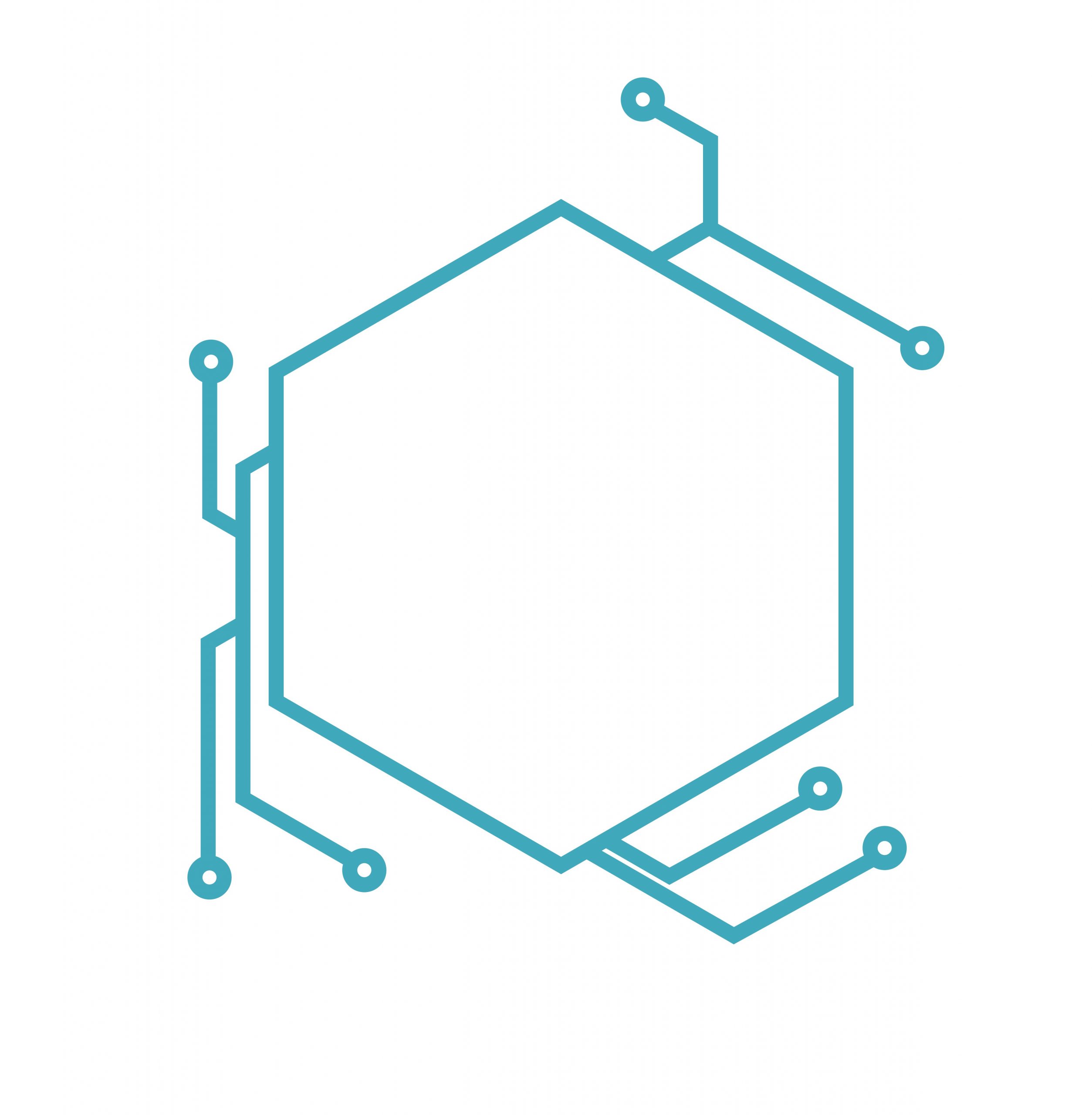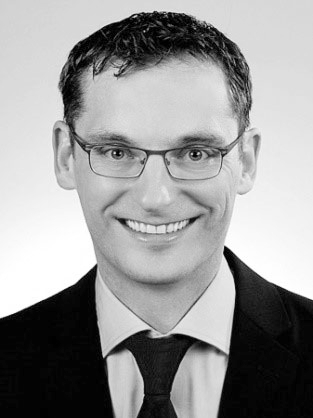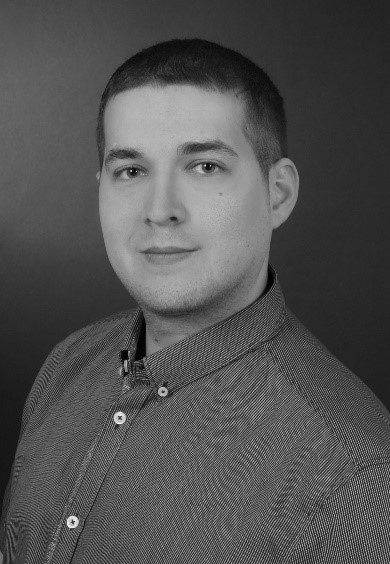Subproject 5

ControlSystem
CUBES Circle represents, from control engineering perspective, a highly complex production system whose individual elements must be coordinated to realize closed energy and material flows. In order to achieve this goal Subproject 5 introduces modeling methods as well as model-based robust, adaptive and optimal control methods to the project.
Modeling Methods: Mathematical formulation of dynamic models of the energy and mass flows of the CUBES-Circle will be used. These models will be parameterized and validated by means of parameter identification and machine learning/AI based on experimentally collected data from the production CUBES (SP2, SP3, SP4) and results from SP7.
Control Methods: Formulation of the quality criteria of the control techniques and the design of optimal control for energy and mass flow between the cubes will be based on the derived and analyzed models. It is important to synergistically compensate for the fluctuations that occur during operation (e.g. variations in cultivation, weather, variations in growth conditions) and to ensure stable and safe circulation. Based on the collected data from the production CUBES, the aim is to improve the models and control using Big Data analysis and learning methods. A combination of optimal, learning and adaptive control methods shall be considered to increase the efficiency as well as flexibility and adaptability of the CUBES Circle to new production sites and conditions.

Prof. Dr.-Ing. habil Stefan Streif studied engineering cybernetics and biochemical engineering at the University of Stuttgart and University of Sheffield (UK) until 2005. In 2011, he obtained a PhD in the area of systems biology at the University Magdeburg, the Max Planck Institute for Dynamics of Complex Technical Systems in Magdeburg and at the Max Planck Institute for Biochemistry in Martinsried/Munich. After that, he became a group leader at the University of Magdeburg and he spent several years abroad, e.g. at the Massachusetts Institute of Technology. After his habilitation in systems theory and control engineering, he became an Assistant Professor at the Ilmenau University of Technology in 2014. Since 2015, he is a full professor in automatic control at the Technische Universität Chemnitz Since 2019 he fills the position dean of Faculty of Electrical Engineering and Information Technology.
The research focus of Stefan Streif’s group comprises the holistic, system theoretical treatment of (cyclic) processes, value chains and dynamic networks, the mathematical rigorous development of methods for optimal, robust and learning control as well as the analysis and verification of uncertain systems. To this end, different approaches from control theory, applied mathematics, optimization and computer science are synergistically combined, applied and further developed. The developed methods are applied in various interdisciplinary application-oriented projects ranging from agriculture, food production, and energy systems to systems biology. In addition to a solid method-oriented and theoretically well-founded research, applications and interdisciplinary projects in the areas of agricultural and energy systems, automation engineering and systems biology are of importance.
The research group currently comprises three postdocs, twelve PhD students and further technical and administrative personnel. Modern research equipment from the energy- and agricultural sectors can be found in the lab and are used to address different research questions. The IT infrastructure is used for computationally intensive research projects in the area of modeling, optimization and ‘Big Data’-analysis.
Contact: stefan.streif(at)etit.tu-chemnitz.de

Alexander Kobelski is a scientific staff at the Chair of Automatic Control and System Dynamics. His research focuses on the development of control engineering models as well as control algorithms for the control of biological systems.
In CUBES Circle, he develops mathematical models of the individual CUBES and the ConnectivitySystem as well as control algorithms for the optimal exchange of mass and energy fluxes between the CUBES.
Contact: alexander.kobelski(at)etit.tu-chemnitz.de
Other employees (cooperating or former): Arne-Jens Hempel

